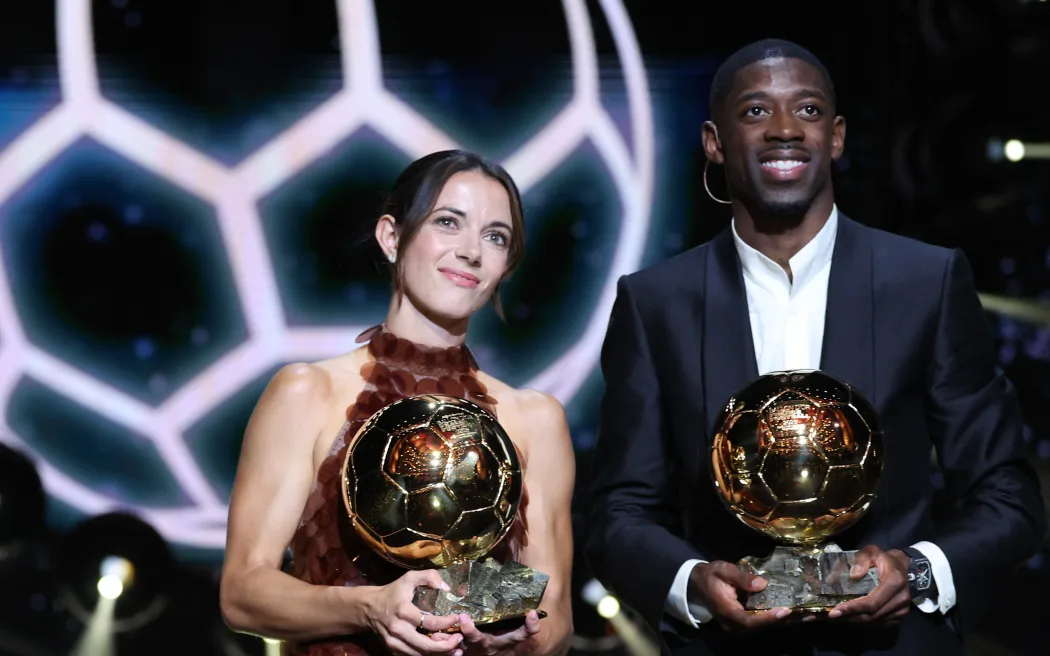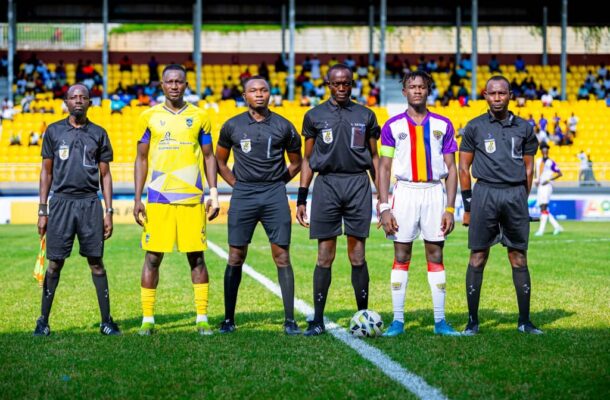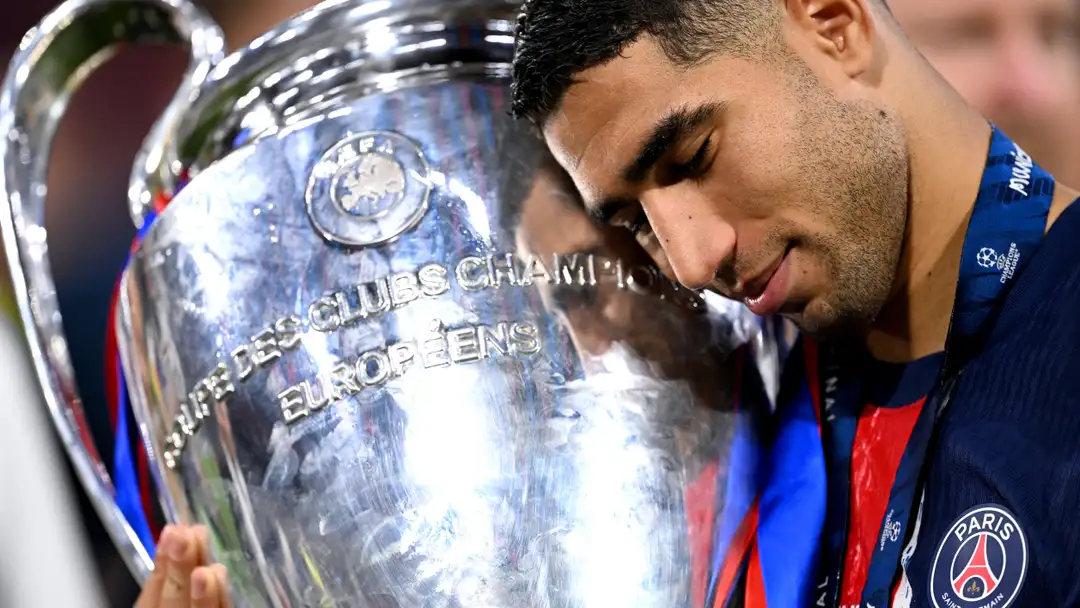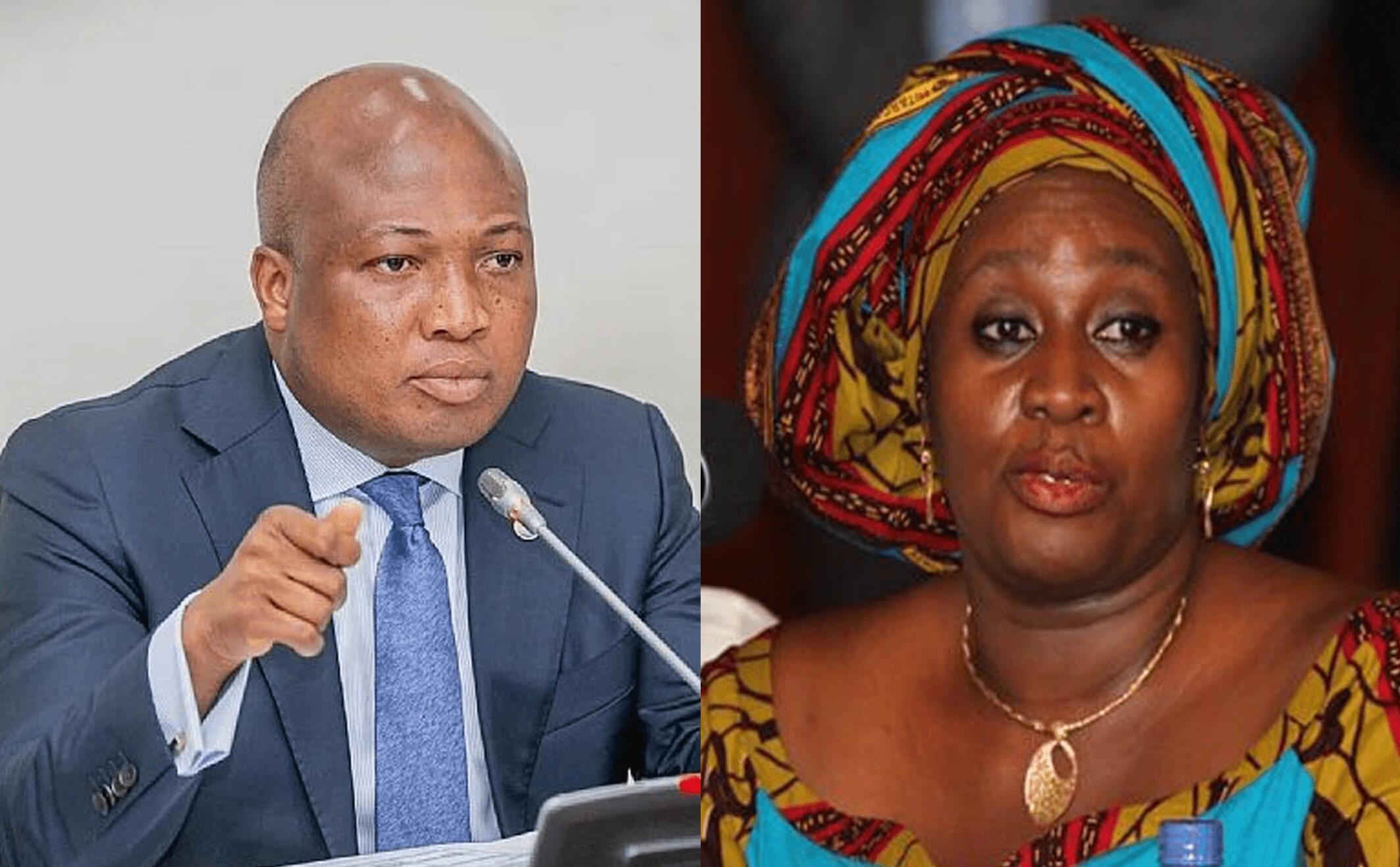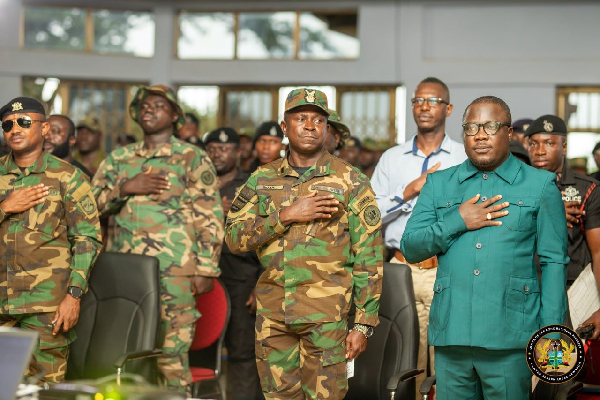The Ballon d’Or Awards delivered a night of glamour in Paris as Ousmane Dembélé won the Men’s Player of the Year, while Aitana Bonmatí earned her third consecutive Women’s crown. The Ballon d’Or Awards highlighted their brilliance and reflected the growing impact of both French and Spanish football.
Dembélé’s rise came after a tactical switch by Luis Enrique at PSG. Moved into a central role, he scored 25 goals in 20 matches, driving his club to the Champions League trophy. Just a year earlier, his future looked uncertain after being dropped from the squad against Arsenal. Now, his transformation reached its peak with the Ballon d’Or Award.
Bonmatí, meanwhile, extended her dominance despite Barcelona losing the Champions League and Euro finals to Arsenal’s Alessia Russo. Her artistry and consistency kept her ahead in the voting, making the Ballon d’Or Awards hers for the third straight year.
England also stood tall on the Paris stage. Sarina Wiegman collected the Johan Cruyff Award as best coach. Hannah Hampton, Chelsea and England goalkeeper, claimed the first-ever Women’s Yashin Trophy. Arsenal Women earned Club of the Year, though their triumph drew a mixed reception from the French crowd.
Other winners included Lamine Yamal, who secured the Kopa Trophy for best young player, and Viktor Gyökeres, who received the Gerd Müller trophy for top scorer. Goalkeepers Gianluigi Donnarumma and Hampton added Yashin Awards to their resumes.
The night closed with Dembélé inviting his mother onto the stage in an emotional moment. Bonmatí, calm and composed, reminded the world why she remains the benchmark in women’s football. The Ballon d’Or Awards not only honoured two greats but also underscored the global shift toward women’s football and England’s growing influence.


